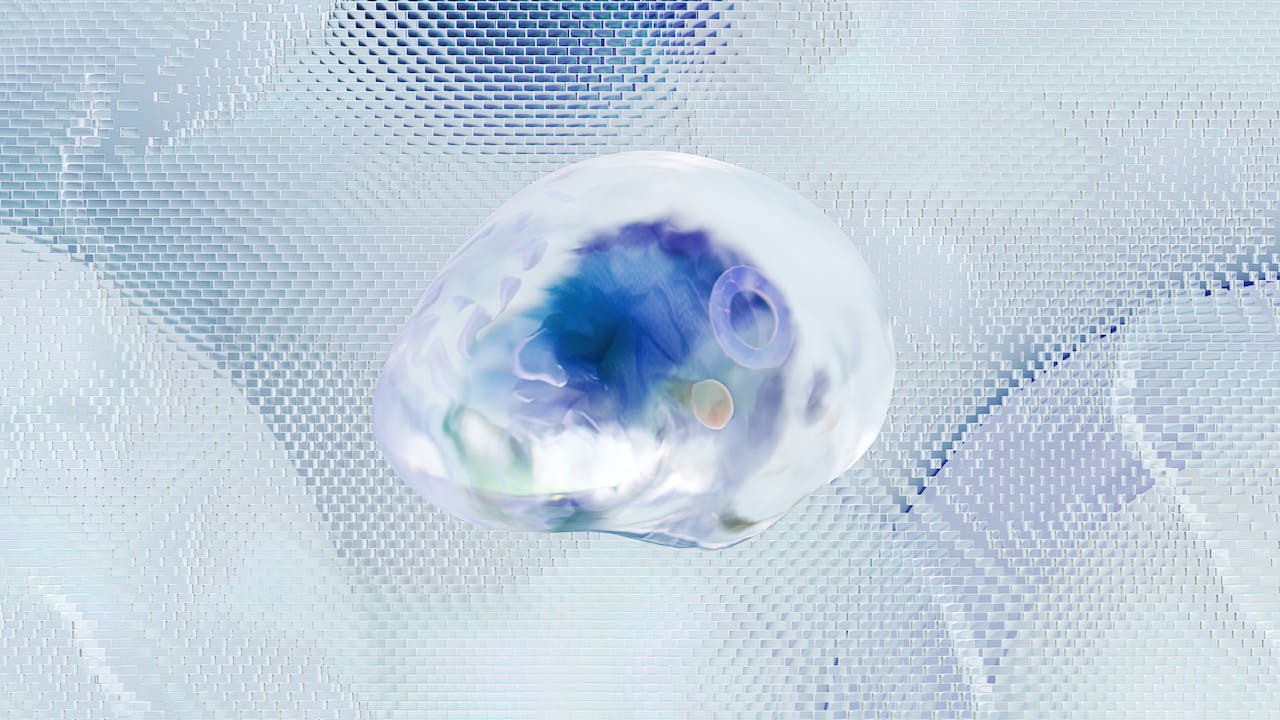Comments
- No comments found

There is a new paper in Neuron, Visuotactile integration facilitates mirror-induced self-directed behavior through activation of hippocampal neuronal ensembles in mice, where the authors wrote, "Here, we demonstrate a mirror-induced self-directed behavior (MSB) in mice, resembling visual self-recognition.
Mice displayed increased mark-directed grooming to remove ink placed on their heads when an ink-induced visual-tactile stimulus contingency occurred. MSB required mirror habituation and social experience. The chemogenetic inhibition of dorsal or ventral hippocampal CA1 (vCA1) neurons attenuated MSB."
"We consider that humans’ and chimpanzees’ MSR would be categorized as the explicit type of visual self-recognition or self-awareness, as previously considered, but MSB in mice may be categorized as the implicit type. Therefore, the mark test in mice may not be applicable for understanding the deeper phenomenon of self-awareness. However, we believe that the mark test in mice would contribute to understanding the neural circuit mechanisms in animals for remembering visual features of the self, monitoring the current status of the self via a mirror, and detecting the difference between a reference memory and the current status of the self."
Consciousness is simply described as self-awareness or subjective experience. However, is subjective experience the mechanism for a function, an appendage or removed from the function? For example, what is consciousness in a visual experience? Would vision be possible without consciousness? What are the components that decide visual experiences, just like others?
Main vision can be described as attention. Peripheral vision, as awareness. Whatever visual experience may involve both. Vision is also subjective, to know that the individual is having the experience. The direction of vision may be intentionally adjusted, or controlled, as a form of free will. There may also be emotional distributions from the experience, as well as sequences of relay, and so forth.
It is theorized that subjective experience is a qualifier of functions of impulses of neurons. This means that interpretations of sensations are qualified by subjectivity. They are also qualified by attention, awareness and intention. There are other features of sets of impulses of neurons that qualify them as well.
Consciousness can be described as a super qualifier for the functions of impulses, since multiple ends are involved in a conscious experience. Consciousness is also beyond just the functions that are qualified in the moment. It extends to all possible functions, since there are often several fast and numerous interchanges, making consciousness available for all, rather than for a few.
Many parts of the body appear not to be in awareness, attention or be subjective, until there is pain, shifting consciousness to that area, or somewhere around [referred pain]. There are also cases where a limb is removed, but attention, subjectivity and awareness of that part may arise [phantom pain], bringing consciousness for a function that is no longer present.
Balance and movement are not generally associated with consciousness, but they are functions that are qualified as others, making consciousness present in those. The presentation of consciousness across functions summarizes it as a knowing process, which for humans, is estimated as 1, the highest among species.
Consciousness can take different forms, even within the human mind. One of these forms in the ways it qualifies a function is extensible to generative AI. LLMs have a weak form of attention, as they take on tasks that are similar to humans. They do not have subjective experience or awareness of their environment, but they have a fraction of what the mind does—intelligence, which consciousness qualifies.
Leave your comments
Post comment as a guest